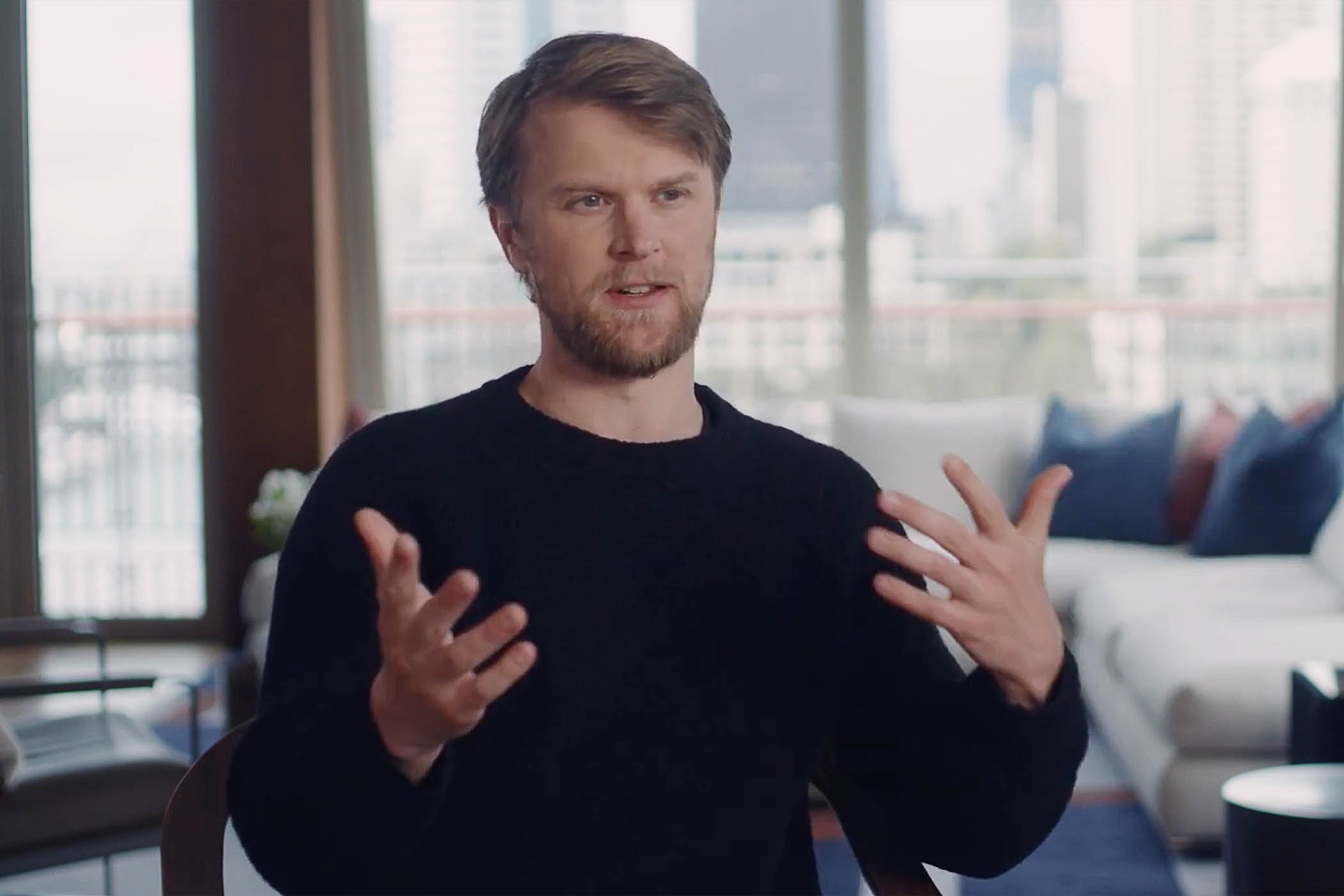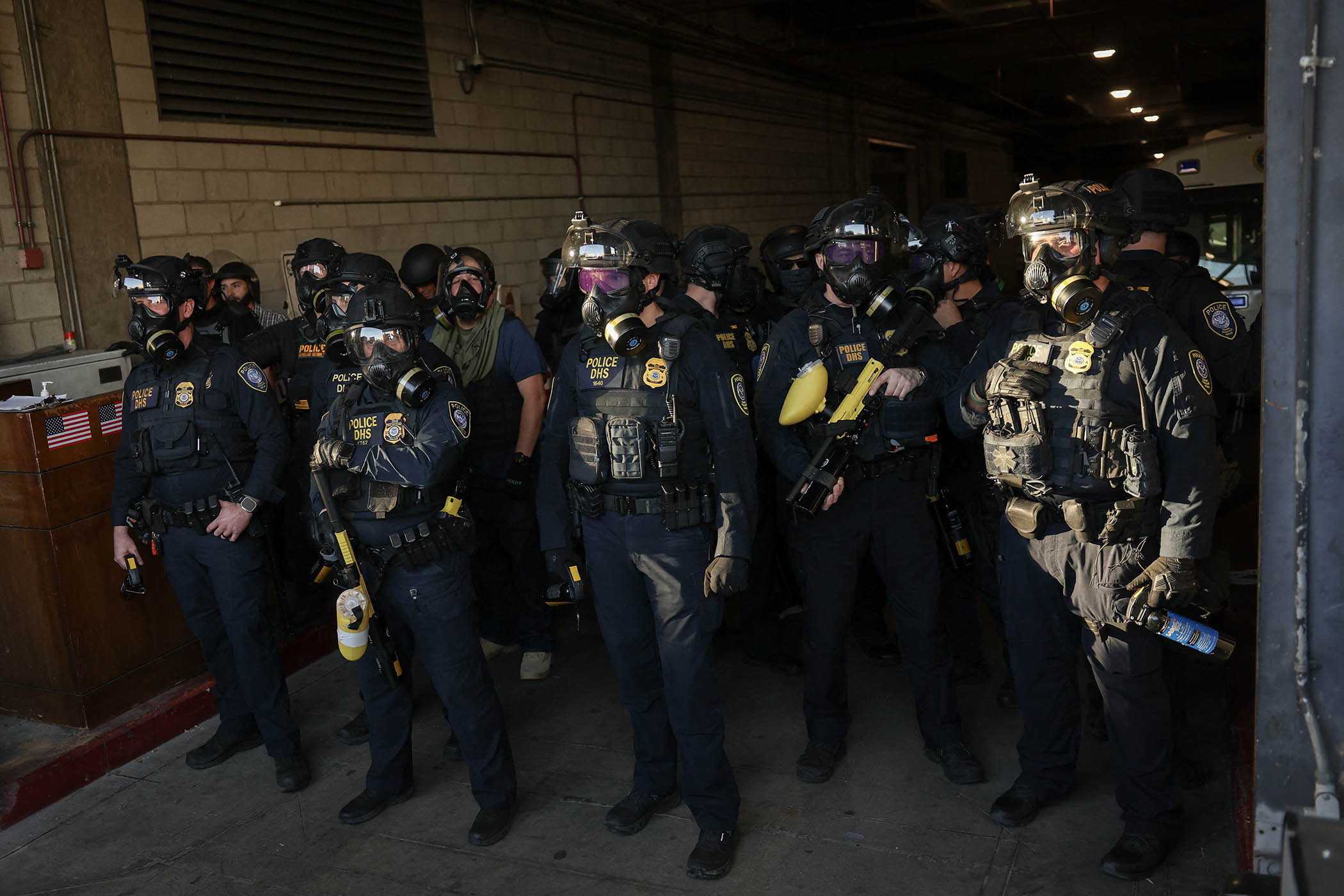Doug McMillon, Walmart’s CEO since 2014, will step down in January. His successor, John Furner, head of US operations for the Arkansas-based retailer, has a hard act to follow. Under McMillon, Walmart’s market value has more than tripled, to over $800bn, helped by huge investments in information technology that have helped it hold its own against Amazon. McMillon has even dared question Trump’s tariffs, earning a social media lashing from the president.
With 1.6m workers in the US (out of 2.1m worldwide), Walmart is America’s biggest private-sector employer. It has long been a bête noire for critics of globalisation (relying on cheap Chinese products) and capitalism, accused of driving local stores out of business and, according to Bernie Sanders, paying “starvation wages”. Yet under McMillon the firm has transformed its employment practices. Hourly pay for shop workers has nearly doubled since 2015, paid family leave has been expanded and, a conscious effort made to create a career ladder for people doing even the most basic jobs. In in 2018, McMillon launched Live Better U, which provides many employees with a free online uni education. Employee retention and satisfaction is up sharply as a result.
Investment in human capital is crucial to McMillon’s “clicks and bricks” strategy to compete online and offline with the mighty Amazon. His successor must make this work in a period when AI will change every job. Walmart is betting big on its relationship with Open AI, while Amazon is an AI giant in is own right. Whether Walmart’s workforce is still huge and relatively happy in 10 years will be a key indicator of the extent to which the latest AI is a job improver, or destroyer.
Photograph by Yuri Cortez/AFP via Getty Images
Newsletters
Choose the newsletters you want to receive
View more
For information about how The Observer protects your data, read our Privacy Policy



